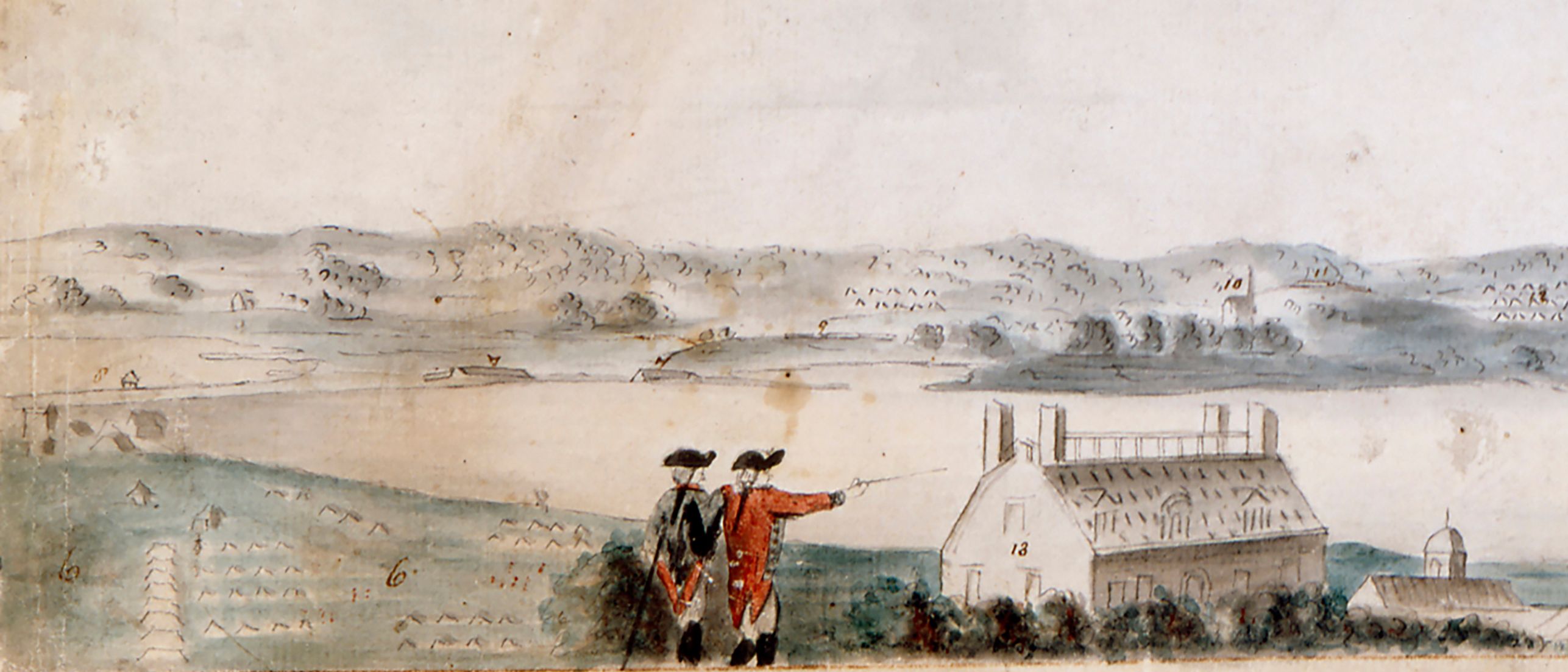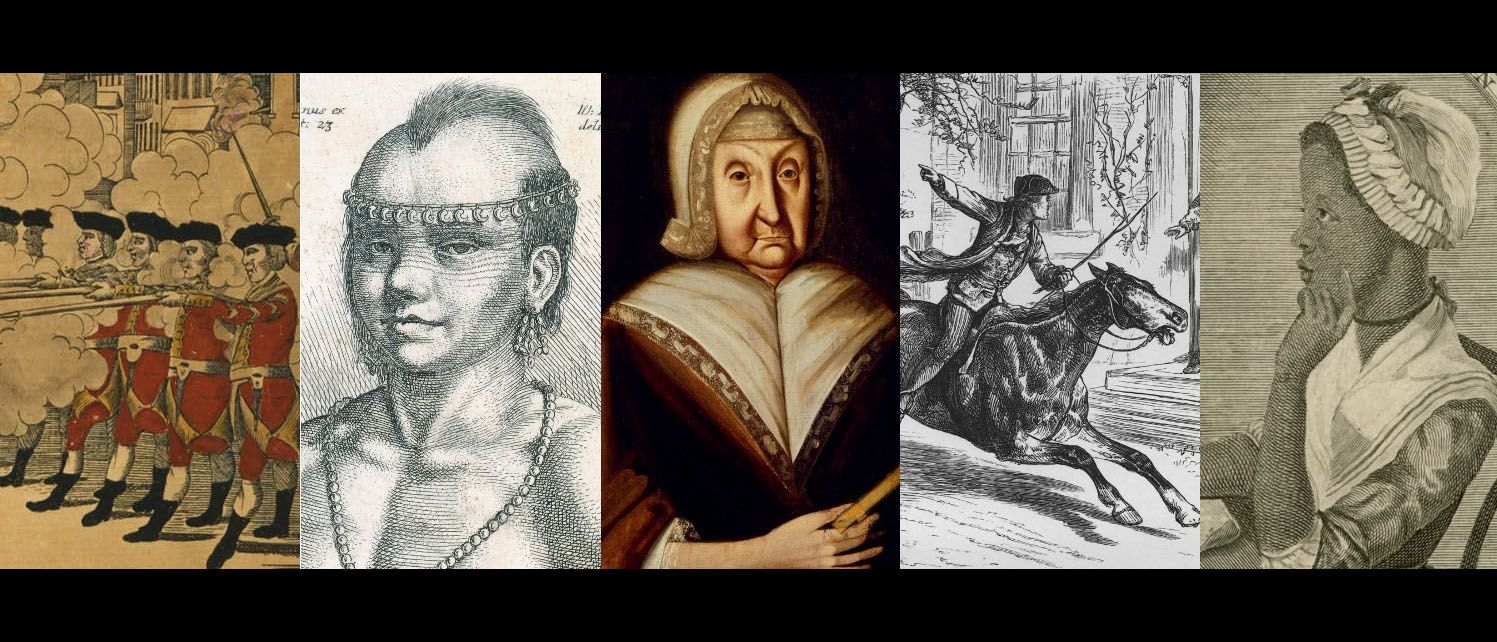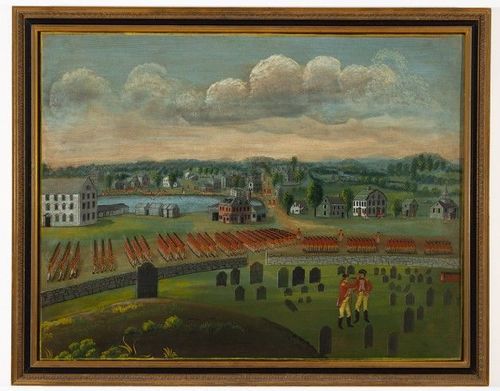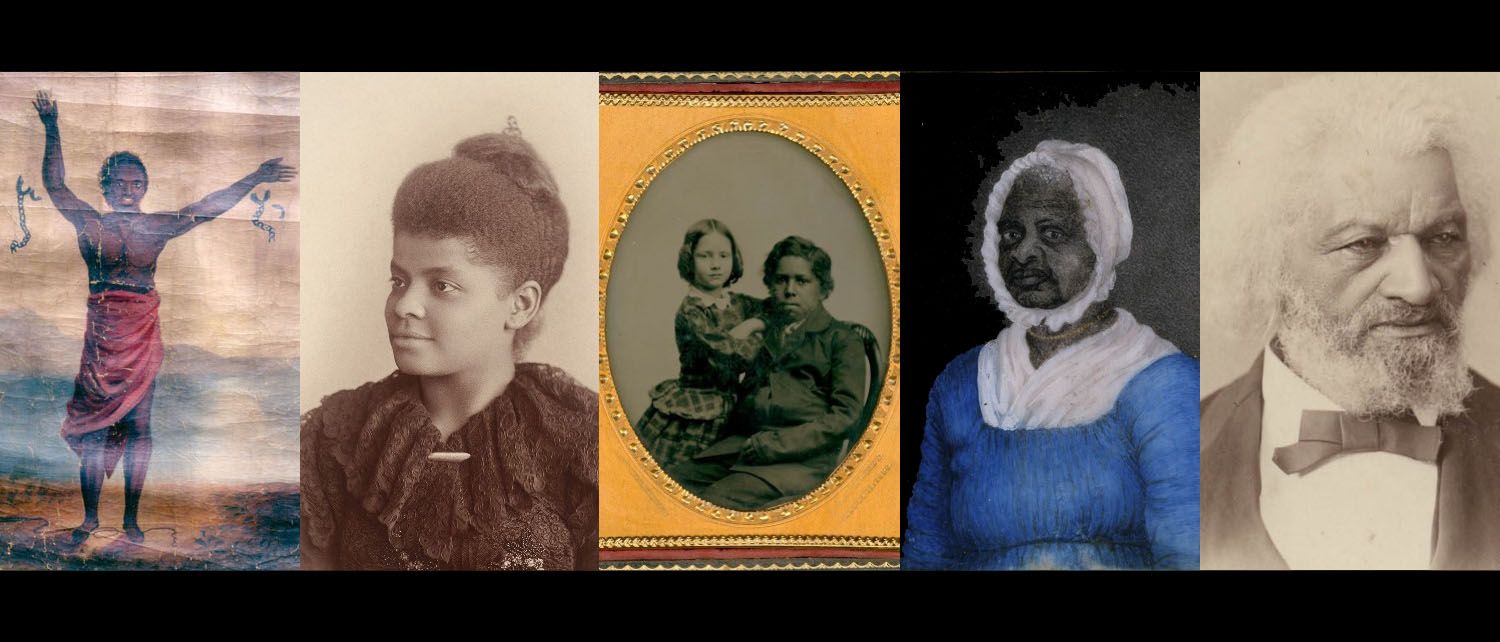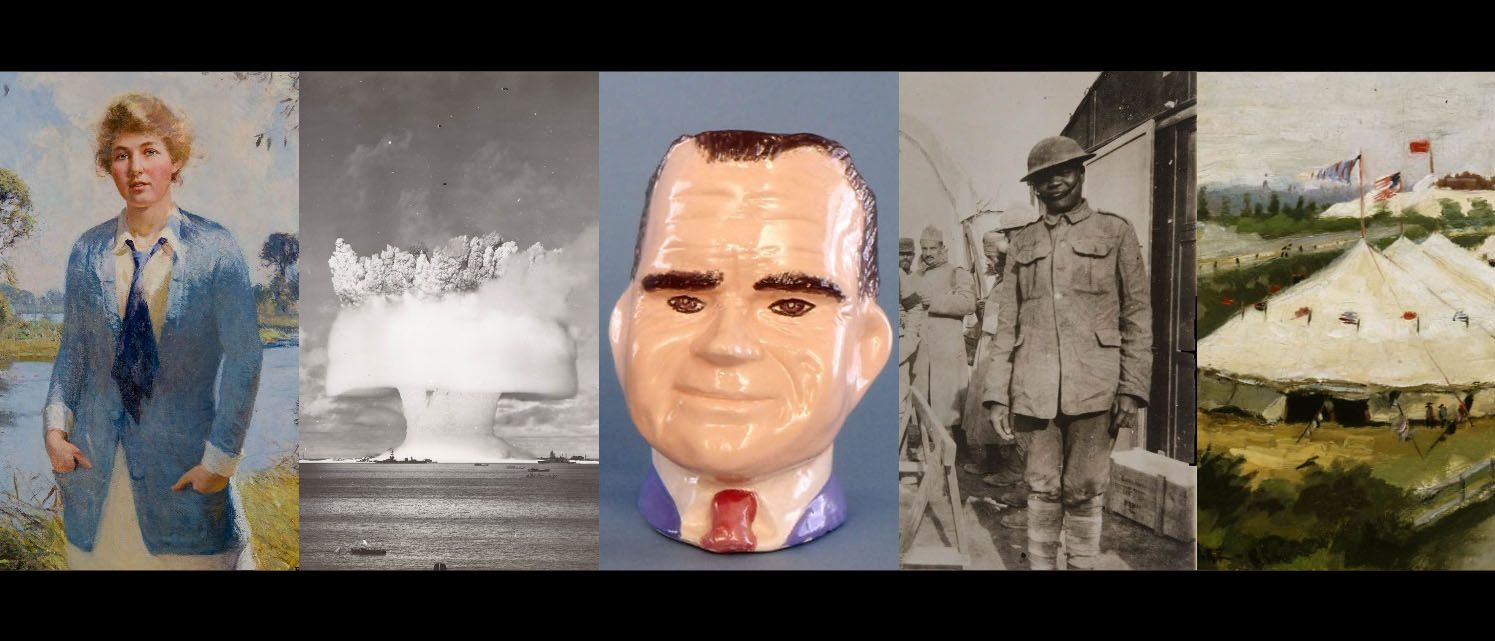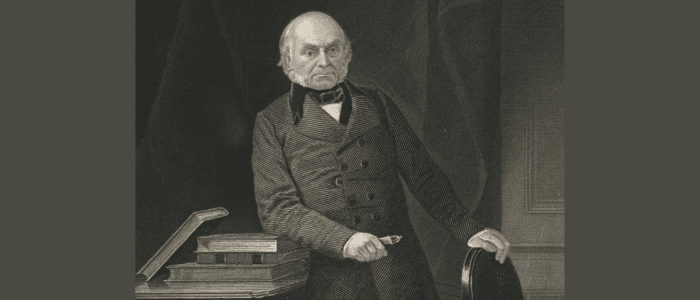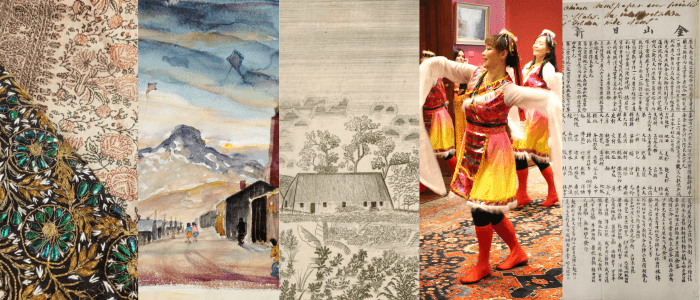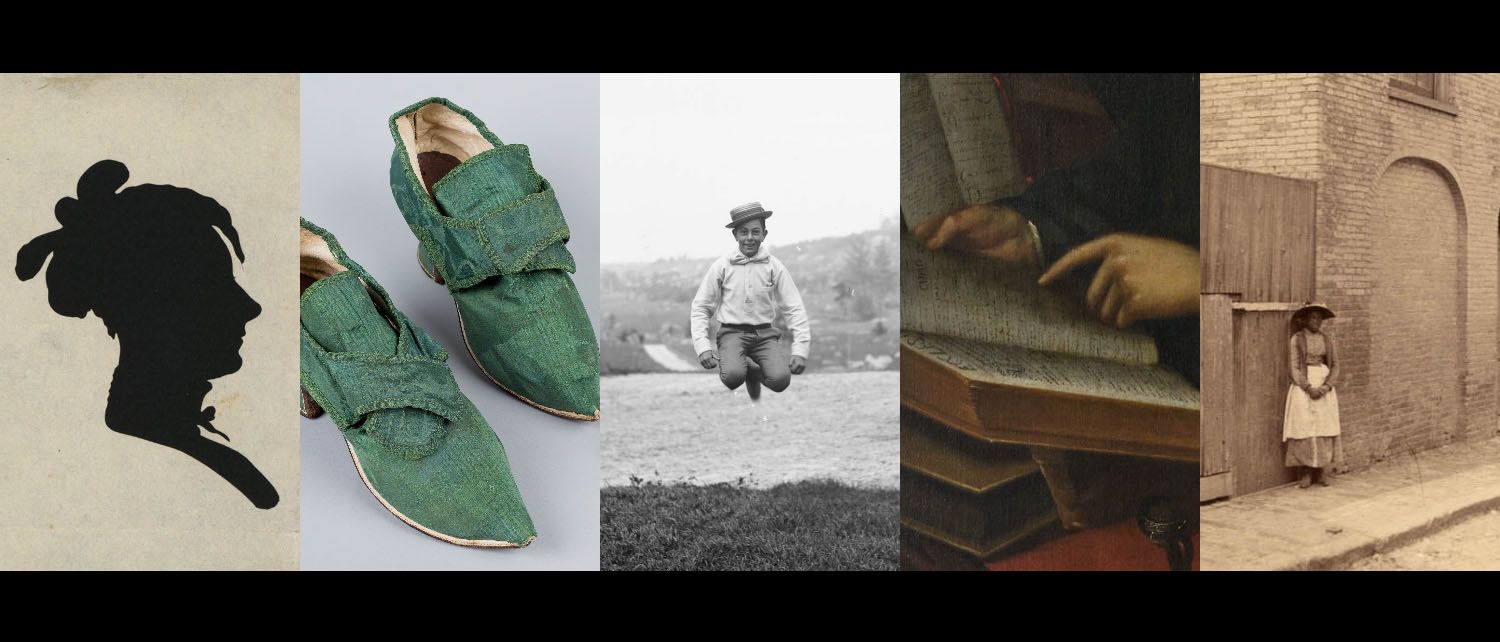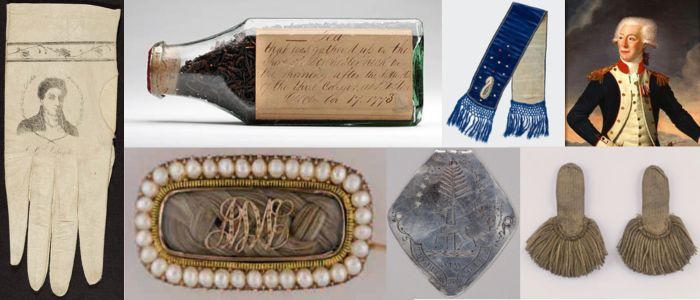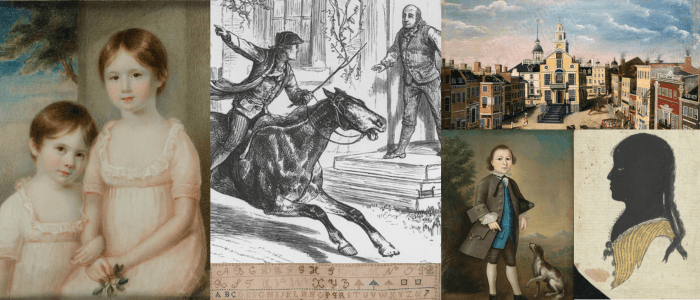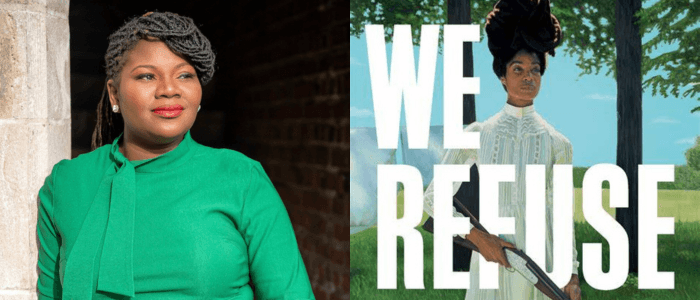Event
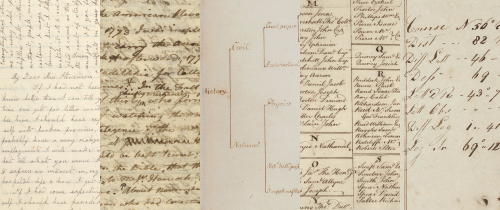
Digital Methods for Understanding Historical Travel Guides: A Case Study of the Digital Methodologies behind Mapping the Gay Guides
Author: Amanda Regan, Clemson University
Comment: Alex Ketchum, McGill University
This is an online event.
Mapping the Gay Guides (MGG) relies on the Damron Guides, an early but longstanding travel guide aimed at gay men since the early 1960s. An LGBTQ equivalent to the African American “green books,” the Damron Guides contained lists of bars, bathhouses, cinemas, businesses, hotels, and cruising sites in every U.S. state, where gay men could find friends, companions, and sex. The online mapping project explores different dimensions of American gay life through time, from bars and nightlife, bookstores, cinemas, and churches. Users to the site are able to navigate and investigate the dynamic and sometimes disappearing nature of LGBTQ spaces over time.
By associating geographical coordinates with each location mentioned within the Damron Guides, MGG provides an interface for visualizing the growth of queer spaces in the United States. MGG’s interactive web app includes a series of filters that can be used to interact with the digitized data including narrowing the data down by city or state, choosing to display only certain categories of establishments, or visualizing change using a date slider. However, MGG also functions as a research tool for studying the culture of queer spaces in American life. Drawing on the digitized data and visualizations from the app, the website includes “vignettes” that offer historical analysis of the changing ways that gay spaces were defined.
Thanks to a generous grant from the National Endowment for the Humanities, the MGG team is in the process of digitizing another 150,000 entries from the guides between 1981 and 2005. Doing so involves taking these digitized primary sources and transcribing them before geocoding each location using either an automated script or finding the coordinates for each location by hand. Our process for turning each of these historical documents into data that can be used for mapping is a process fraught with methodological decisions at every turn. These decisions shape the resulting dataset. This paper discusses the ways in which this methodology impacts what kinds of questions are able to be asked of the data and focuses on the use of such tools for doing historical research.
The L. Dennis Shapiro and Susan R. Shapiro Digital History Seminar invites you to join the conversation. Seminars bring together a diverse group of scholars and interested members of the public to workshop a pre-circulated paper. Learn more.
Purchasing the $25 seminar subscription gives you advance access to the seminar papers of all seven seminar series for the current academic year. Subscribe at www.masshist.org/research/seminars. Subscribers for the current year may login to view currently available essays.
Online Event
The virtual seminar begins at 5:00 PM and will be hosted on the video conference platform, Zoom. Registrants will receive a confirmation message with attendance information.
